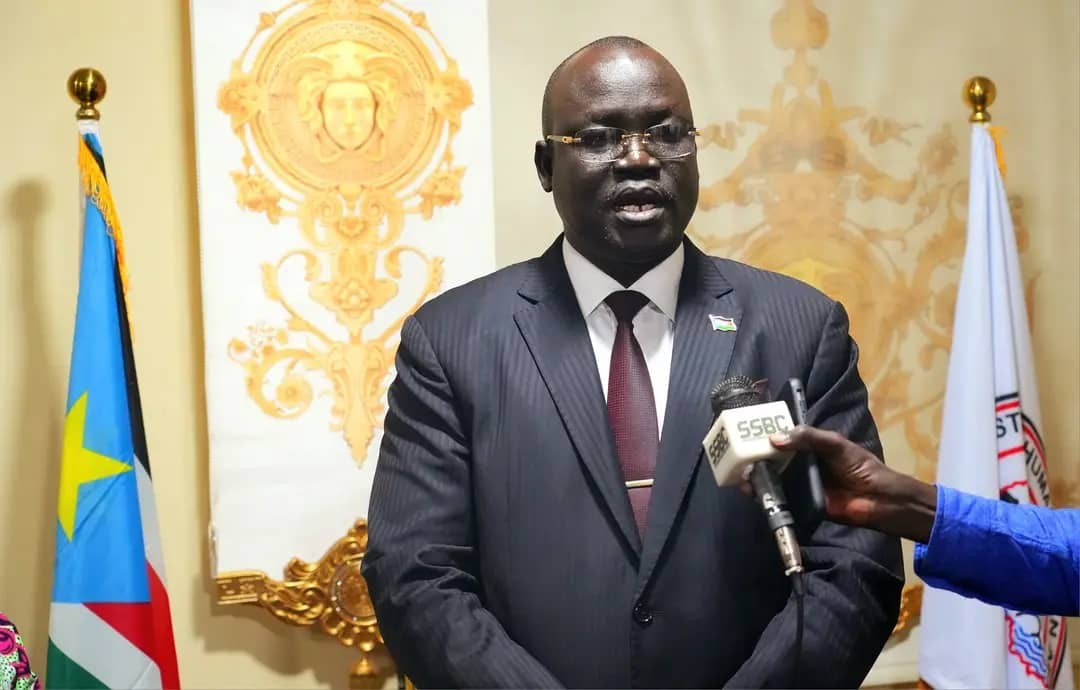
South Sudan is grappling with an escalating humanitarian crisis in 2025, driven by a combination of factors including conflict, climate shocks, disease outbreaks, and significant reductions in international aid.
Minister of Humanitarian Affairs and Disaster Management, Albino Akol Atak, expressed deep concern over the worsening situation.
He highlighted that the ongoing conflict in neighboring Sudan has led to an influx of vulnerable individuals into South Sudan, while internal communal and armed violence, particularly in Nasir and Ulang counties of Upper Nile State, has displaced tens of thousands.
The crisis is further compounded by climate-related disasters, such as devastating floods, which have exacerbated food shortages, resulting in over 2.3 million refugees and more than 2 million internally displaced persons affected, according to a recent humanitarian report.
Adding to the challenges, the recent decision by the U.S. government to cut humanitarian aid to South Sudan has sparked alarm among aid experts.
The cuts, including the cancellation of more than 90 percent of USAID’s contracts, are feared to have catastrophic impacts, putting millions at risk due to rising levels of malnutrition, AIDS, tuberculosis, malaria, and other preventable diseases.
Despite these challenges, Minister Atak assured the public that the government is taking steps to respond, acknowledging the significant drop in external support but emphasized that the government is coordinating with partners to mitigate the effects.
“We have already started informing communities about the aid cuts so they can understand why services may no longer be readily available,” Atak said. “People who rely on food, healthcare, nutrition, and education must know there will be changes.”
He added that the government, together with humanitarian partners, is adopting a strategy of prioritization. “Instead of covering everything, we will focus on life-saving services in the areas that are most critically affected,” he explained.
As a long-term solution, the minister emphasized the importance of building national self-reliance, particularly through agriculture.
“As South Sudanese, we cannot depend on humanitarian aid forever. We must work together to move away from dependency. Promoting agriculture and other income-generating activities is the way forward,” Atak concluded.

